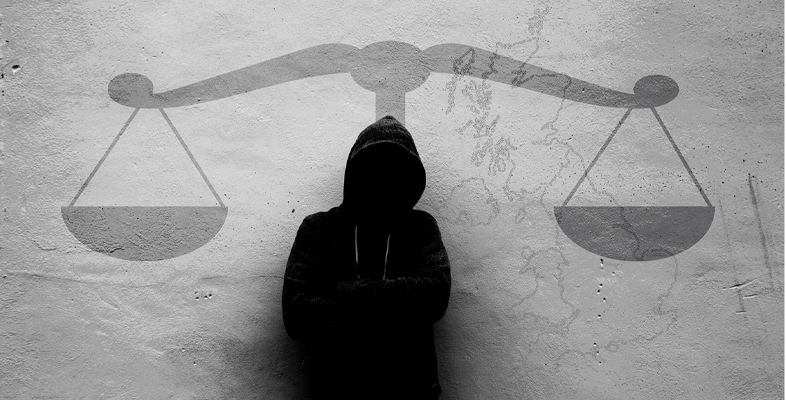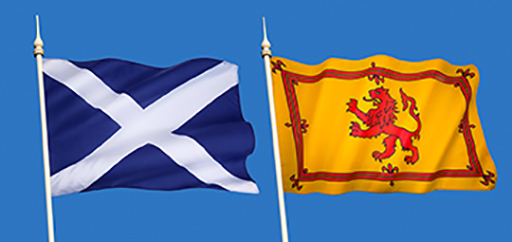1 An enlightenment idea?
According to some historians (Herman, 2002) the Scots are responsible for many of the ideas we associate with the modern world, or ‘modernity’ as academics like to call it. This is no idle boast, and nor is it an expression of some kind of Celtic ethnic chauvinism. The names of Adam Smith, David Hume, James Watt and Robert Burns play very differently on the ear according to whether one is in Edinburgh or London, or are English or Scottish. The books they produced, the ideas and institutions they established, along with other people, are recognised as part of a distinctive Scottish dimension of eighteenth-century history known as ‘The Enlightenment’. Few historians dispute that the incorporation of Scotland under the Act of Union in 1707 marked a crucial turning point in the development of the United Kingdom and the British Empire.
The return of a Scottish parliament in 1998 indicates not only the durability of Scottish claims to be doing things their own way, but the vitality of many of those founding ideas in contemporary Scottish culture. In the next two activities you’ll briefly explore the distinctive history of Scotland’s Children’s Hearings system.
Activity 1 Hearing children in Scotland
Read the following explanation of how the Hearings system was established.
Introduction to Scotland’s Children’s Hearings [Tip: hold Ctrl and click a link to open it in a new tab. (Hide tip)]
As you read, highlight any key words or phrases you think are significant. Paste them into the box below. This will help clarify your understanding of the account and consolidate your learning. What do you think of the way they are called Hearings? Write down some of your thoughts about why this word is, or is not, appropriate.
Discussion
The system is unusual to anyone familiar with the youth courts of England and Wales. The Scottish Children’s Hearings system works by combining the voluntary input of ordinary or ‘lay’ members of the public with that of professional social workers. A pivotal role is played by the ‘Reporter’, who is a legally trained professional co-ordinating the process and marshalling resources but who otherwise remains outside the decision-making process. The use of the word ‘Hearings’ offers some sense of what is involved in the panel and emphasises a sense of human dialogue rather than legalistic conflict.
This short outline of the origins of the Hearings system will have given you some idea of the way it works. This is developed further in the activity in the next section.

